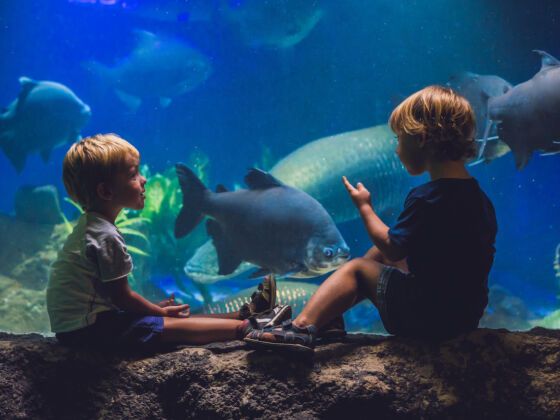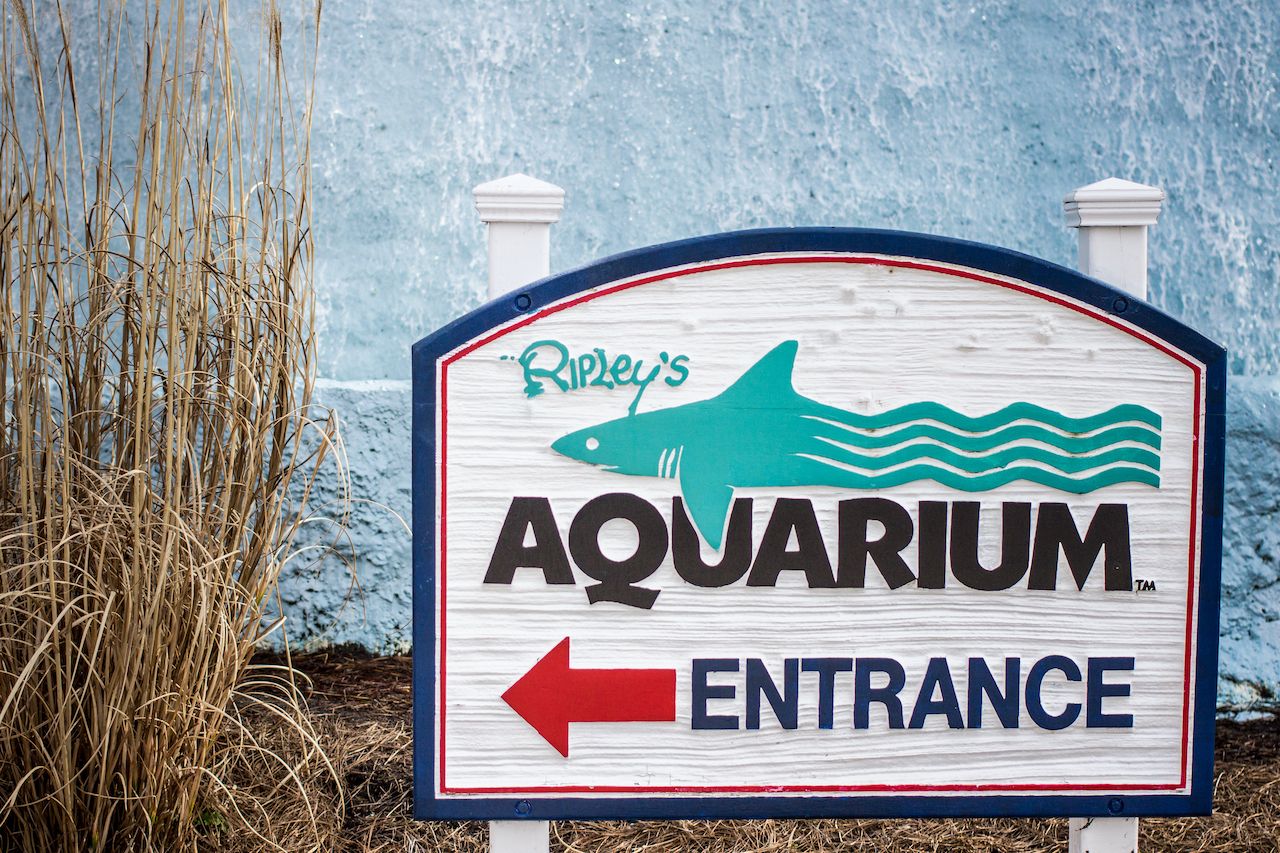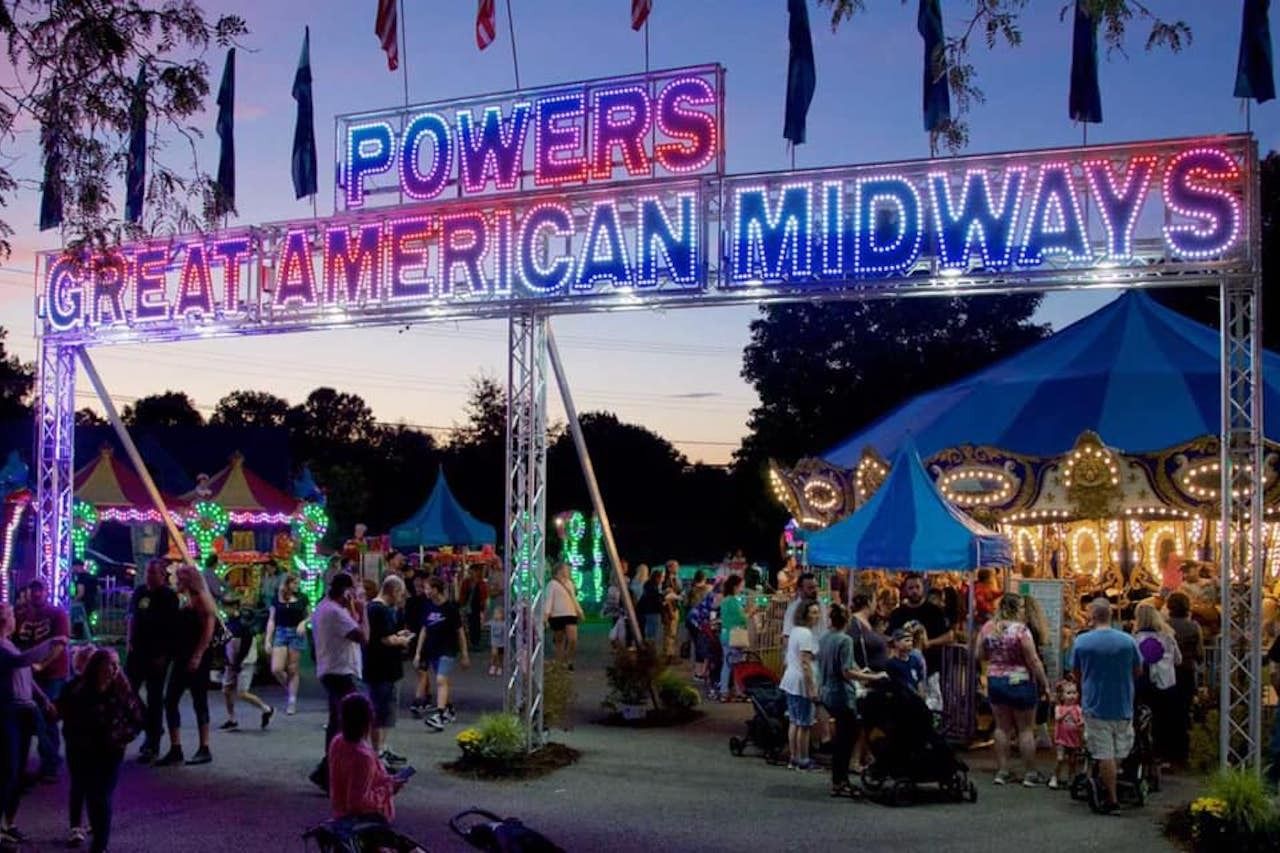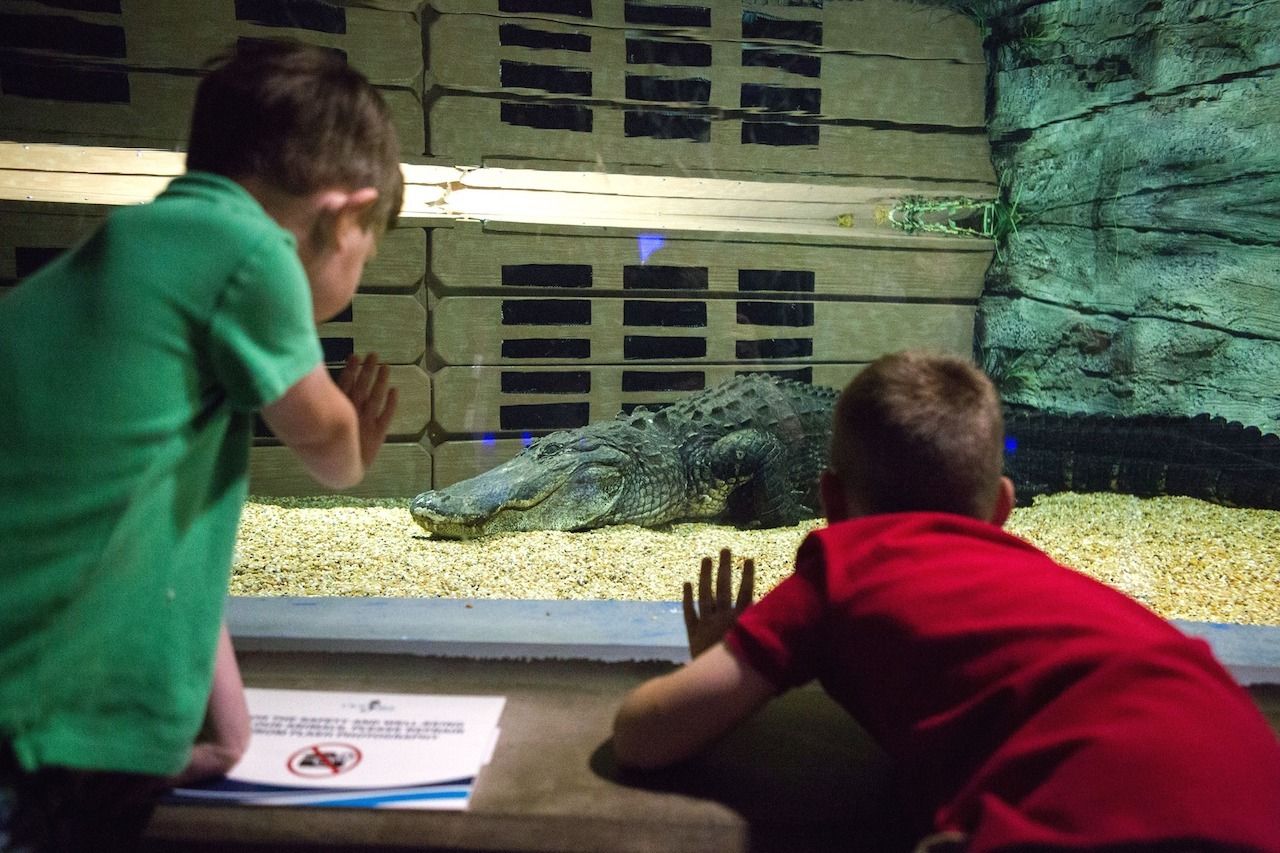Traveling with autistic children or family members is a complex proposition. It’s a great way to give your loved one a truly memorable experience, though it can take everyone out of their comfort zone where its easy to feel the most safe and calm. That’s why destinations around the country — from venues like museums to entire cities and regions — have taken steps to be more autism-friendly.


But what does autism-friendly mean, and how can you identify an autism-friendly destination?
Choosing an autism-friendly destination means taking several factors into consideration. Crowd size, accessibility of activities (i.e. length of lines), and potential sensory overload could all negatively impact the travel experience of a person with autism.
Kerrianne Galvin, a licensed social worker who works extensively with youth and their families on behavioral challenges related to autism, believes traveling can be rewarding for autistic individuals, though also challenging and potentially anxiety-inducing.
“Stimuli like light and sound can be overwhelming,” she says. “Autism-friendly destinations take the sensory needs and safety of people with autism into consideration. They can do so by providing trained staff, knowledge of special needs, alternate lighting (dimmable lights and lamps), quiet spaces, and disability services.”
Even if the destination itself is autism friendly, each traveler’s level of tolerance must still be taken into account. That means carefully structuring the trip, regardless of how accommodating the destination might be.
“We usually go out in the morning and then return to the hotel for the afternoon and then out again early evenings.” says Patricia Lynn Ward, a travel coach and single mother of two children with autism. “They need frequent breaks away from the hustle and bustle of busy places, because they can only handle noise and people for so long. So when looking for a destination, I need something where the main attractions are within 30 mins from the hotel.”
Ward also tries to “ensure there is a routine to the day, and basic needs are met. Keep bedtimes and mealtimes the same when possible. Bring snacks and drinks when you are out. Plan each day with the pattern of travel. It helps the individual with autism know what to expect.”
With that in mind, these are a few of the destinations best-suited for autistic travelers in the US.
Myrtle Beach, South Carolina

Photo: ehrlif/Shutterstock
Already among the most popular destinations for family vacations in the US, Myrtle Beach is also one of the best for autistic travelers. In 2018, the city worked closely with restaurants and local attractions to accommodate travelers with special needs.
Most notably, this effort manifested in the CAN Card (Champion Autism Network Card). These cards serve as passes for families where overstimulation might become an issue, and can be used with no questions asked. With a CAN Card, families can skip the line at crowded attractions, get private seating or quicker service at restaurants, and curbside check-in at hotels. Participating venues have been trained to accommodate the needs of autistic visitors. At restaurants, the card will inform servers that you may need to leave at a moment’s notice, may be bringing special food for a member of your family, and may have other special requests. The cards are available at the Myrtle Beach Welcome Center.
In addition to having many businesses with staff trained to accommodate special needs, Myrtle Beach also has several venues designed as autism-friendly environments. Ripley’s Aquarium offers noise-canceling headphones as well as monthly “sensory-friendly mornings,” and Savannah’s Playground is the first enabling playground in the southeast region, specifically engineered with ADA-approved playground equipment for children with disabilities.
Visalia, California
Autism-friendly destinations tend to offer a wide range of outdoor activities with plenty of space and not too much overstimulation. Nellie Freeborn, the tourism marketing director of Visit Visalia, has a child with autism herself, and says that opportunities to explore as well as space to pull back if necessary makes Visalia an autism-friendly destination.
“In Visalia,” Freeborn says, “we are lucky to be the gateway to Sequoia and Kings Canyon National Parks and SequoiaRiverlands Trust properties, where there are lots of outdoor places to explore as well as areas off-the-beaten path for quieter discoveries. The tranquility of these places offer outdoor recreation without overstimulation.”
The Imagine U Children’s Museum is another great option for families with autistic children. The museum offers an expansive indoor/outdoor layout with plenty of space to spread out, and a variety of fun, creative kid-friendly activities.”
Since travelers with autism can often benefit from getting acquainted with a destination before arriving, the Fresno International Airport offers virtual 360 tours to help visitors prepare for travel. The Visalia Marriott Hotel offers the same service for guests to get acquainted with their accommodation prior to arrival.
Dutchess County, New York

Photo: Dutchess County Fairgrounds/Facebook
Many businesses throughout Dutchess County have worked directly with the Anderson Center for Autism to build more supportive environments for visitors. In the town of Rhinebeck, for example, more than 68 percent of business owners, event planners, first responders, and residents have undergone training to handle and accommodate those with disabilities. Many businesses have also incorporated things like quiet spaces, sensory kits, lower light and music, reduced wait times, advance ordering, and more.
Businesses throughout the county, like the Sunflower Market, Northern Dutchess Hospital, Kroeg, and Megabrain Comics, also have sensory kits available for patrons that may benefit from sensory input options.
While fairs and festivals might often prove overwhelming for those with autism, the Dutchess County Fair — which takes place at the end of August — stands apart. The fair offers special hours where rides do not have sound and noise, so those with sensitivities can still enjoy the experience. Restaurants and businesses such as Buns Burgers and Samuel’s Sweet Shop offer special sensory hours as well.
Royal Caribbean Cruises
In 2014, Royal Caribbean became the first autism-friendly cruise line with sensory-related toys, autism-friendly movies, dietary menu options, and kids programs specially modified for those with disabilities. Ship crews are also required to be certified and trained in autism awareness.
Royal Caribbean’s autism-friendly services also include priority check-in, boarding, and departure, Adventure Ocean flexible grouping by ability for children 3 to 11 years old, Adventure Ocean toilet-trained policy exception, and pagers/phones for parents of children in Adventure Ocean youth program.
“Staffed Cruises” are also available to families with children, teens, and adults with autism and other disabilities. This includes staff trained specifically in caring for individuals with developmental disabilities (one staff member for every two to three special needs guests), assistance with cruise products and services, specialized respite sessions, and private activities.
Mesa, Arizona

Photo: OdySea Aquarium/Facebook
In 2019, the Mesa’s destination marketing organization became autism-certified, making the city a “Certified Autism Center” according to the International Board of Credentialing and Continuing Education Standards (IBCCES). That means Mesa is specially equipped to accommodate those with autism.
Guest-facing staff at over 60 Mesa businesses, including hotels, museums, and other family attractions, have also completed autism sensitivity and awareness training, with each business certified individually through IBCCES.
Jake’s Unlimited, for example, was the first attraction in Mesa to become Autism Certified. There’s a play zone offering food, bowling, rides, an arcade, and laser tag, and the staff at Jake’s is trained to handle visitors with autism and accommodate sensory breaks. The onsite buffet also has plenty of options for picky eaters and children with food allergies and aversions. The OdySea Aquarium has also worked to become a comfortable place for visitors with special needs. In addition to staff members with autism awareness training, the aquarium offers a Pal Place video to help people get acquainted with what to expect at the aquarium, a quiet room equipped with sensory items, and autism awareness weekends with lower volumes and fewer crowds.